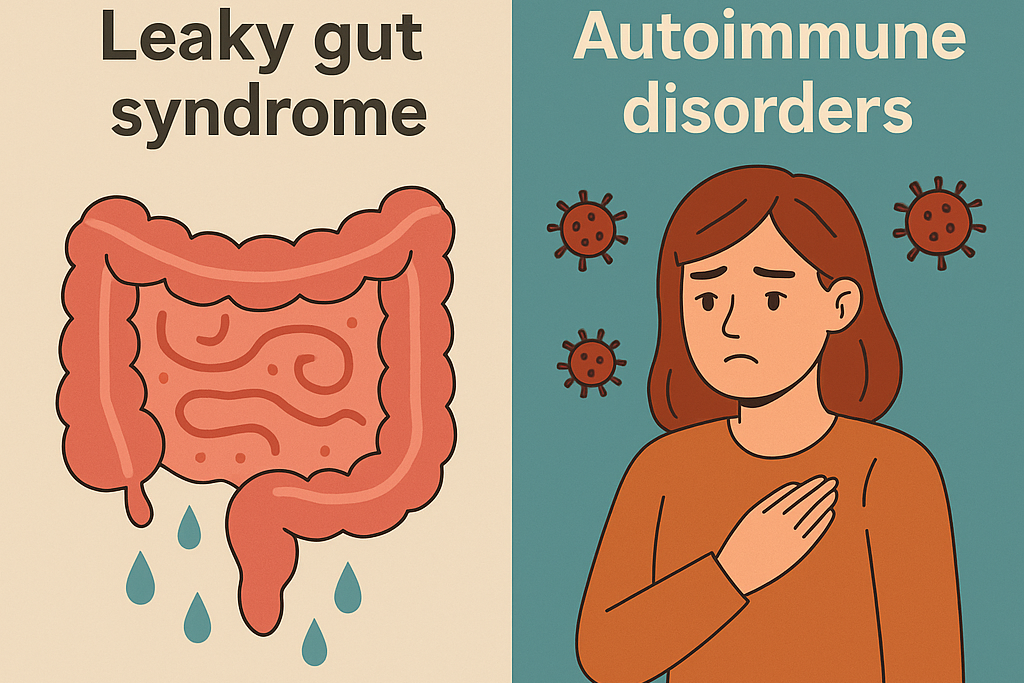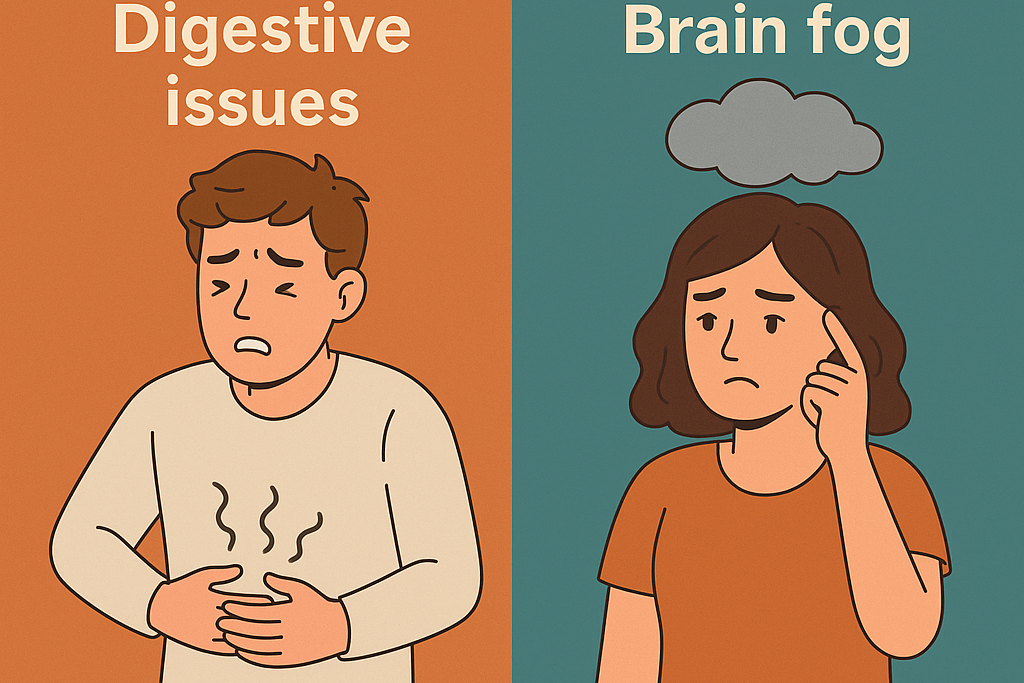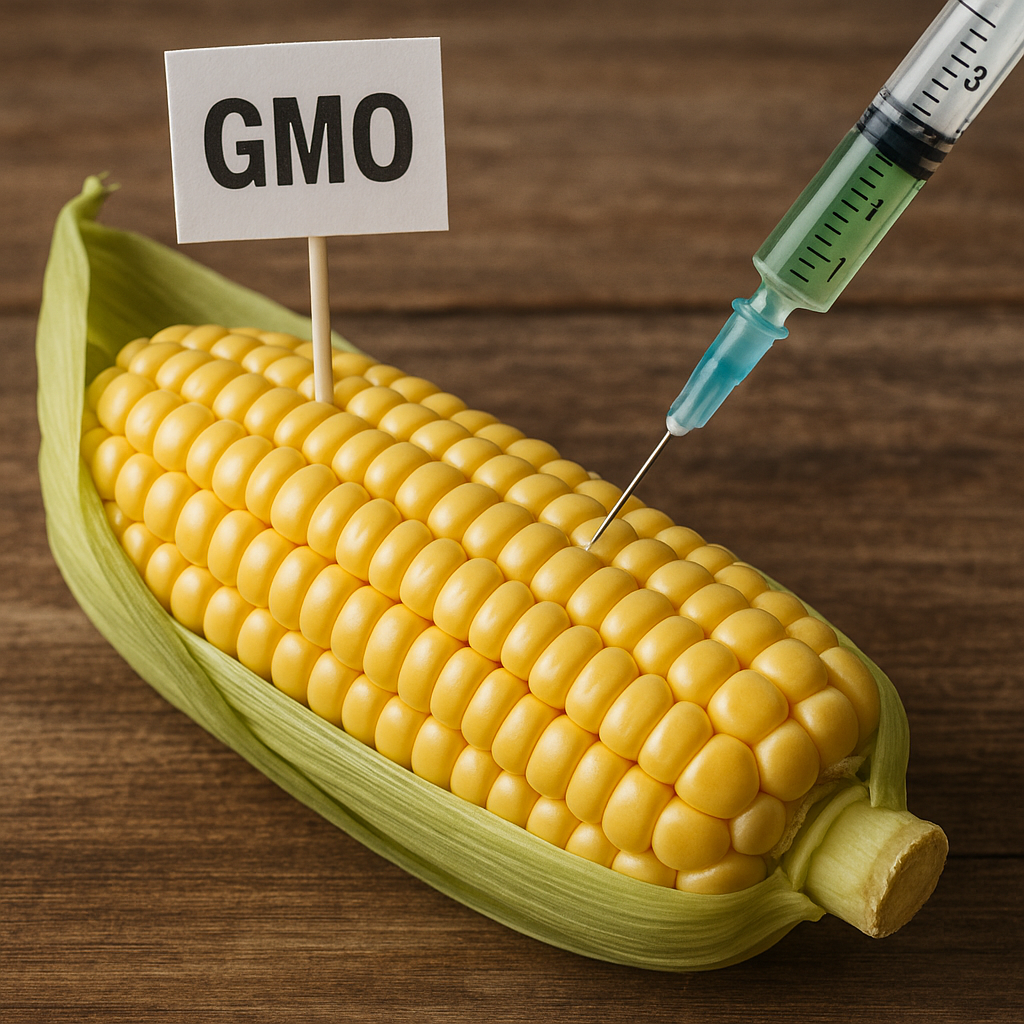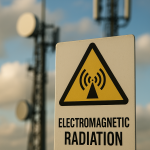Genetically Modified Organisms (GMOs) have become deeply embedded in our food systems. From corn and soy to canola oil and cottonseed, GMO crops dominate agriculture. But what are the impacts of GMOs on health—and are they truly safe to eat?
According to Dr. Barbara O’Neill, a renowned health educator and author of Self Heal By Design, GMOs pose serious risks to human health, the gut microbiome, and the environment. Let’s explore these risks and how to protect your body naturally.
What Are GMOs?
GMOs (Genetically Modified Organisms) are plants or animals whose genetic material has been altered in ways that do not occur naturally. This is often done to increase yield, resist pests, or tolerate herbicides like glyphosate.
But Dr. Barbara O’Neill and other health experts warn that the genetic modification process produces proteins unfamiliar to the human body, which may trigger immune system responses and digestive issues.
“Genetically modified food produce proteins that the DNA does not recognize.” — Barbara O’Neill, Self Heal By Design
GMO Effects on Human Health
1. Disruption of Gut Health
Dr. O’Neill highlights the link between GMOs and gut dysbiosis. GMOs often come with pesticide residues (e.g., glyphosate), which destroy beneficial gut bacteria and damage the gut lining. This can lead to:
- Leaky gut syndrome
- Autoimmune disorders
- Digestive issues
- Brain fog


The gut microbiome, which influences everything from digestion to mood, is particularly sensitive to these foreign proteins and chemicals. The effect of nutrition on the human microbiome is a key concern in modern health science, and GMOs are disrupting this delicate balance.
2. Allergic Reactions and Inflammation
Several studies and anecdotal reports suggest that GMO consumption may be linked to increased food allergies, skin conditions, and inflammatory diseases. Why?
Because the body doesn’t recognize GMO proteins, the immune system may attack them as invaders—causing chronic inflammation.
3. Potential for Long-Term Health Risks
Dr. O’Neill points out that GMOs haven’t been around long enough for us to fully understand their long-term impacts. However, early evidence suggests a possible association with:
- Hormonal disruptions
- Fertility problems
- Cancer risks
These concerns are amplified by the fact that GMO safety testing is often conducted by the corporations producing them, raising questions about bias and transparency.
Environmental and Societal Impacts of GMOs
1. Impact on Biodiversity
GMO crops are often engineered for monoculture, which reduces crop diversity and threatens biodiversity. These crops can cross-pollinate with non-GMO plants, leading to genetic contamination of natural species.
2. Herbicide Overuse
To make crops resistant to herbicides, GMOs have led to a massive increase in chemical spraying—especially glyphosate, a suspected carcinogen. This not only affects the soil and water but also contributes to human exposure through food.
3. Economic Impact on Farmers and Society
Farmers who use patented GMO seeds often face financial burdens due to licensing fees, dependence on seed companies, and legal threats. In countries like Pakistan, where GMOs are increasingly introduced, local food sovereignty is at risk.
Are GMOs Harmful to Our Health?
Many people ask: Are GMOs harmful to society? Do GMOs cause health problems? While some scientists claim GMOs are safe, others, argue that we must err on the side of caution—especially given the rise in chronic illnesses correlating with GMO consumption.
GMO Foods in Pakistan
In Pakistan, GMO crops such as Bt cotton and hybrid corn have become more common. However, public awareness of GMO risks remains low, and labeling laws are weak. This makes it difficult for consumers to avoid GMO foods in Pakistan or understand their potential health impacts.
How to Avoid GMOs and Heal Your Body
Dr. Barbara O’Neill recommends the following strategies to detox from GMOs and heal the gut:
- Eat organic, whole foods
- Avoid processed products with corn, soy, canola, and sugar beets
- Consume fermented foods and probiotics to restore gut flora
- Drink herbal teas and natural broths
- Use activated charcoal and detox baths for chemical removal
Final Thoughts
The impact of GMOs on health and the environment is a growing concern. From gut disruption to environmental degradation, the effects are profound and far-reaching.
If you’re wondering, “Can GMOs cause health problems?” or “Are GMOs safe to eat?”, the natural approach is clear: Avoid GMOs, support your microbiome, and nourish your body with clean, organic food.




It’s appropriate time to make some plans for the future and it’s time to be happy. I have read this post and if I could I desire to suggest you few interesting things or suggestions. Perhaps you could write next articles referring to this article. I desire to read even more things about it!